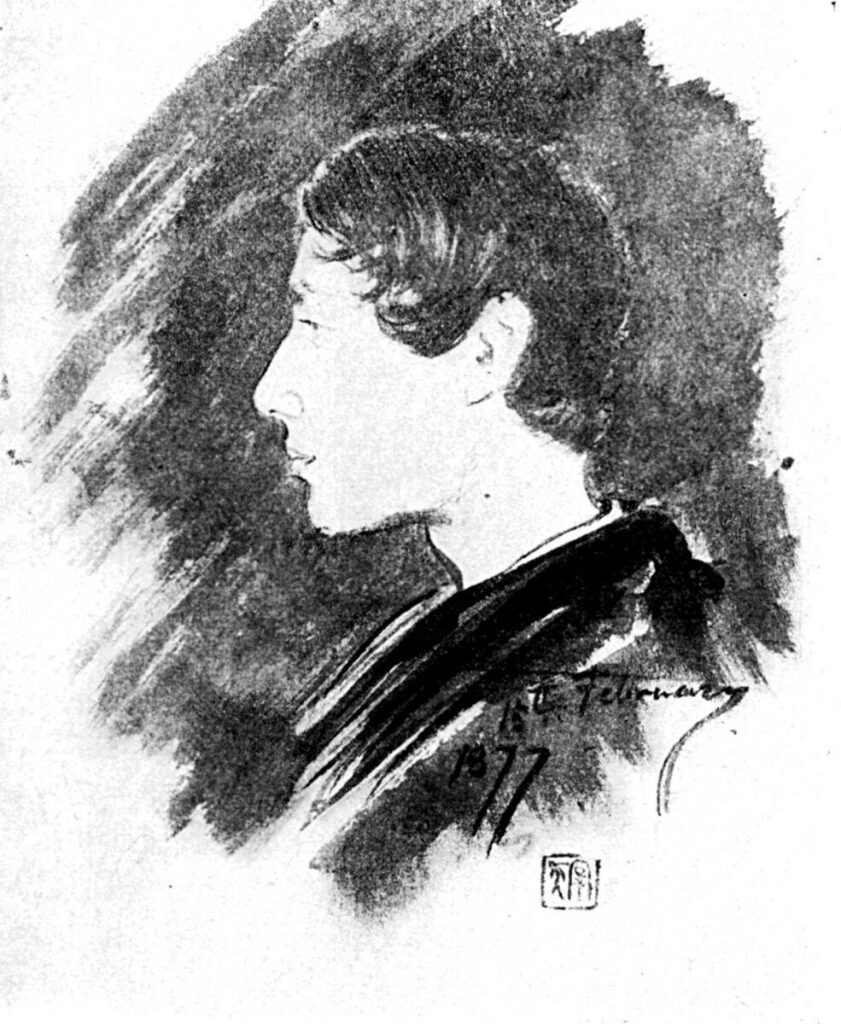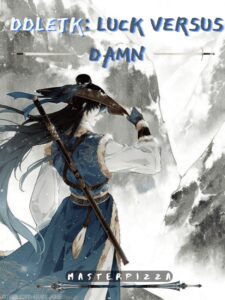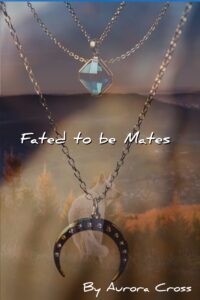We three boys were being brought up together. Both my companions were two years older than I. When they were placed under their tutor, my teaching also began, but of what I learnt nothing remains in my memory.
What constantly recurs to me is “The rain patters, the leaf quivers.” I am just come to4 anchor after crossing the stormy region of the kara, khala series; and I am reading “The rain patters, the leaf quivers,” for me the first poem of the Arch Poet. Whenever the joy of that day comes back to me, even now, I realise why rhyme is so needful in poetry. Because of it the words come to an end, and yet end not; the utterance is over, but not its ring; and the ear and the mind can go on and on with their game of tossing the rhyme to each other. Thus did the rain patter and the leaves quiver again and again, the live-long day in my consciousness.
Another episode of this period of my early boyhood is held fast in my mind.
We had an old cashier, Kailash by name, who was like one of the family. He was a great wit, and would be constantly cracking jokes with everybody, old and young; recently married sons-in-law, new comers into the family circle, being his special butts. There was room for the suspicion that his humour had not deserted him even after death. Once my elders were engaged in an attempt to start a postal service with the other world by means of a planchette. At one of the sittings the pencil scrawled out the name of Kailash. He was asked as to the sort of life one led where he was. Not a bit of it, was the reply. “Why should you get so cheap what I had to die to learn?”
This Kailash used to rattle off for my special delectation a doggerel ballad of his own composition. The hero was myself and there was a glowing anticipation of the arrival of a heroine. And as I listened my interest would wax intense at the picture of this world-charming bride illuminating the lap of the future in which she sat enthroned. The list of the jewellery with which she was bedecked from head to foot, and the unheard of splendour of the preparations for the bridal, might have turned older and wiser heads; but what moved the boy, and set wonderful joy pictures flitting before his vision, was the rapid jingle of the frequent rhymes and the swing of the rhythm.
These two literary delights still linger in my memory—and there is the other, the infants’ classic: “The rain falls pit-a-pat, the tide comes up the river.”
The next thing I remember is the beginning of my school-life. One day I saw my elder brother, and my sister’s son Satya, also a little older than myself, starting off to school, leaving me behind, accounted unfit. I had never before ridden in a carriage nor even been out of the house. So when Satya came back, full of unduly glowing accounts of his adventures on the way, I felt I simply could not stay at home. Our tutor tried to dispel my illusion with sound advice and a resounding slap: “You’re crying to go to school now, you’ll have to cry a lot more to be let off later on.” I have no recollection of the name, features or disposition of this tutor of ours, but the impression of his weighty advice and weightier hand has not yet faded. Never in my life have I heard a truer prophecy.
My crying drove me prematurely into the Oriental Seminary. What I learnt there I have no idea, but one of its methods of punishment I still bear in mind. The boy who was unable to repeat his lessons was made to stand on a bench with arms extended, and on his upturned palms were piled a number of slates. It is for psychologists to debate how far this method is likely to conduce to a better grasp of things. I thus began my schooling at an extremely tender age.
My initiation into literature had its origin, at the same time, in the books which were in vogue in the servants’ quarters. Chief among these were a Bengali translation of Chanakya’s aphorisms, and the Ramayana of Krittivasa.
A picture of one day’s reading of the Ramayana comes clearly back to me.

The day was a cloudy one. I was playing about in the long verandah overlooking the road. All of a sudden Satya, for some reason I do not remember, wanted to frighten me by shouting, “Policeman! Policeman!” My ideas of the duties of policemen were of an extremely vague description. One thing I was certain about, that a person charged with crime once placed in a policeman’s hands would, as sure as the wretch caught in a crocodile’s serrated grip, go under and be seen no more. Not knowing how an innocent boy could escape this relentless penal code, I bolted towards the inner apartments, with shudders running down my back for blind fear of pursuing policemen. I broke to my mother the news of my impending doom, but it did not seem to disturb her much. However, not deeming it safe to venture out again, I sat down on the sill of my mother’s door to read the dog-eared Ramayana, with a marbled paper cover, which belonged to her old aunt. Alongside stretched the verandah running round the four sides of the open inner quadrangle, on which had fallen the faint afternoon glow of the clouded sky, and finding me weeping over one of its sorrowful situations my great-aunt came and took away the book from me.







